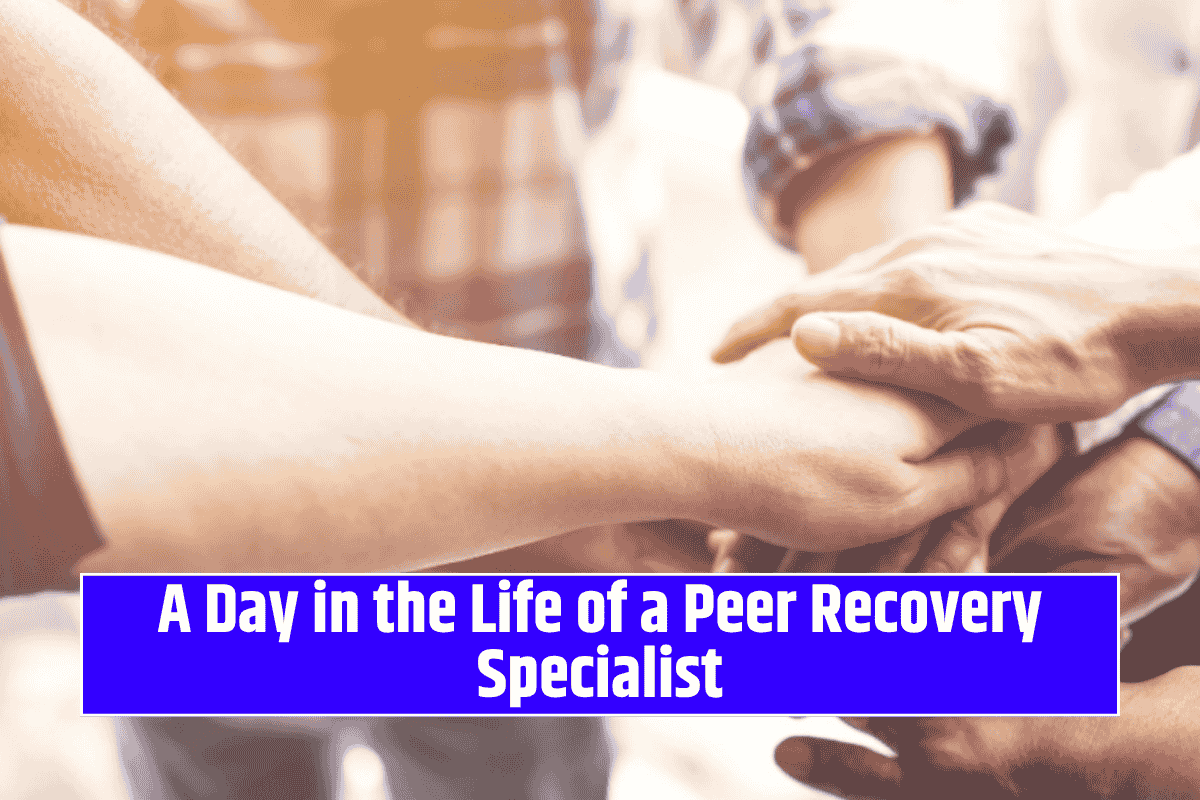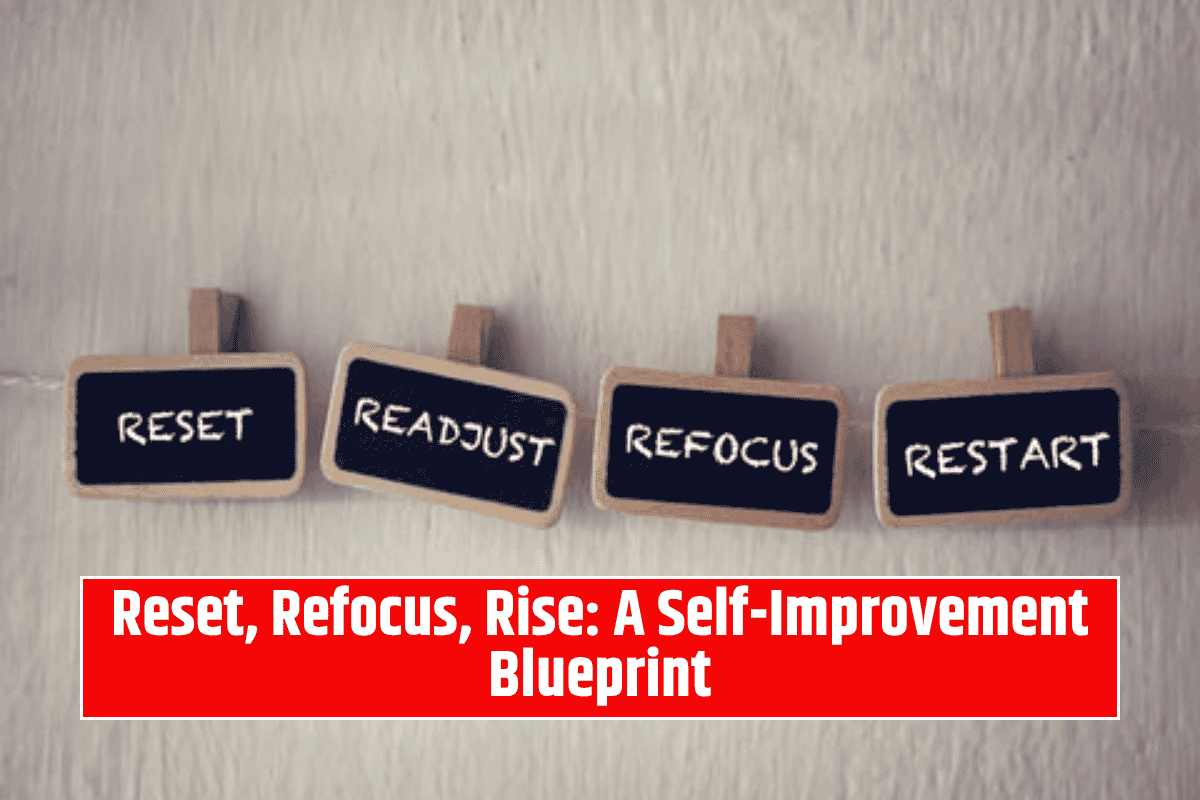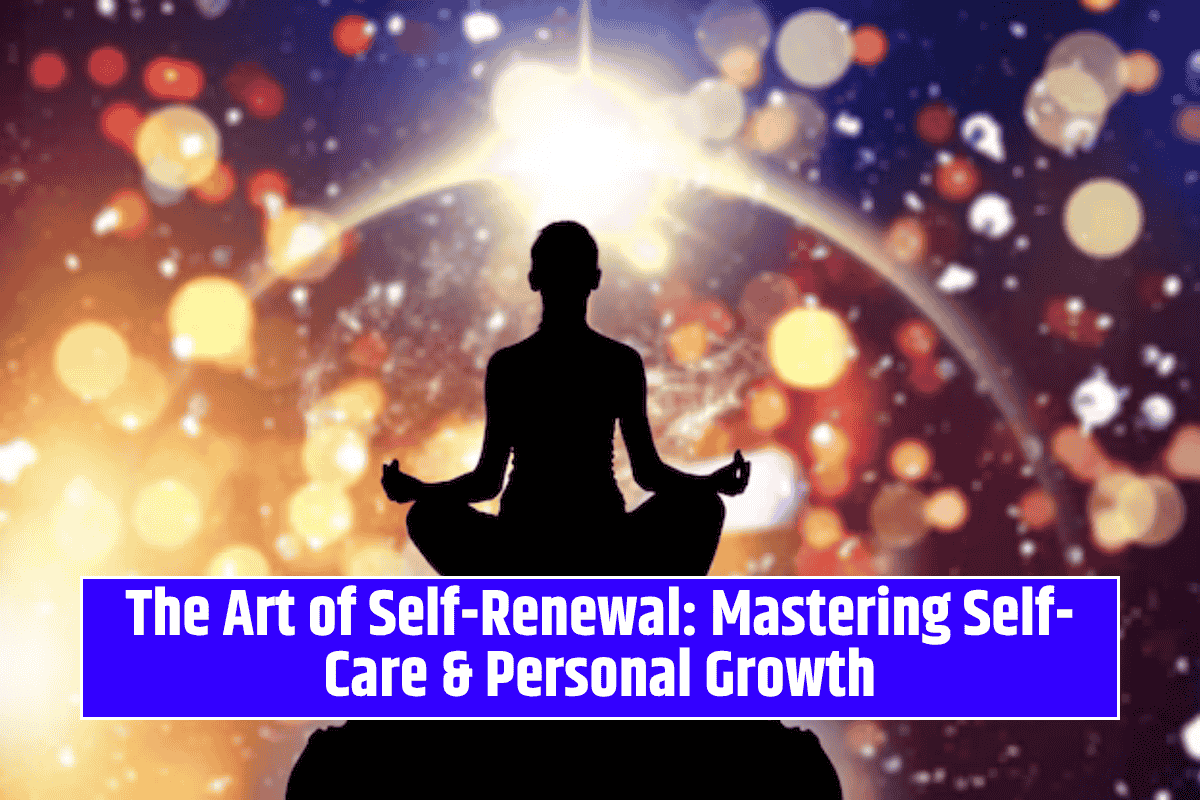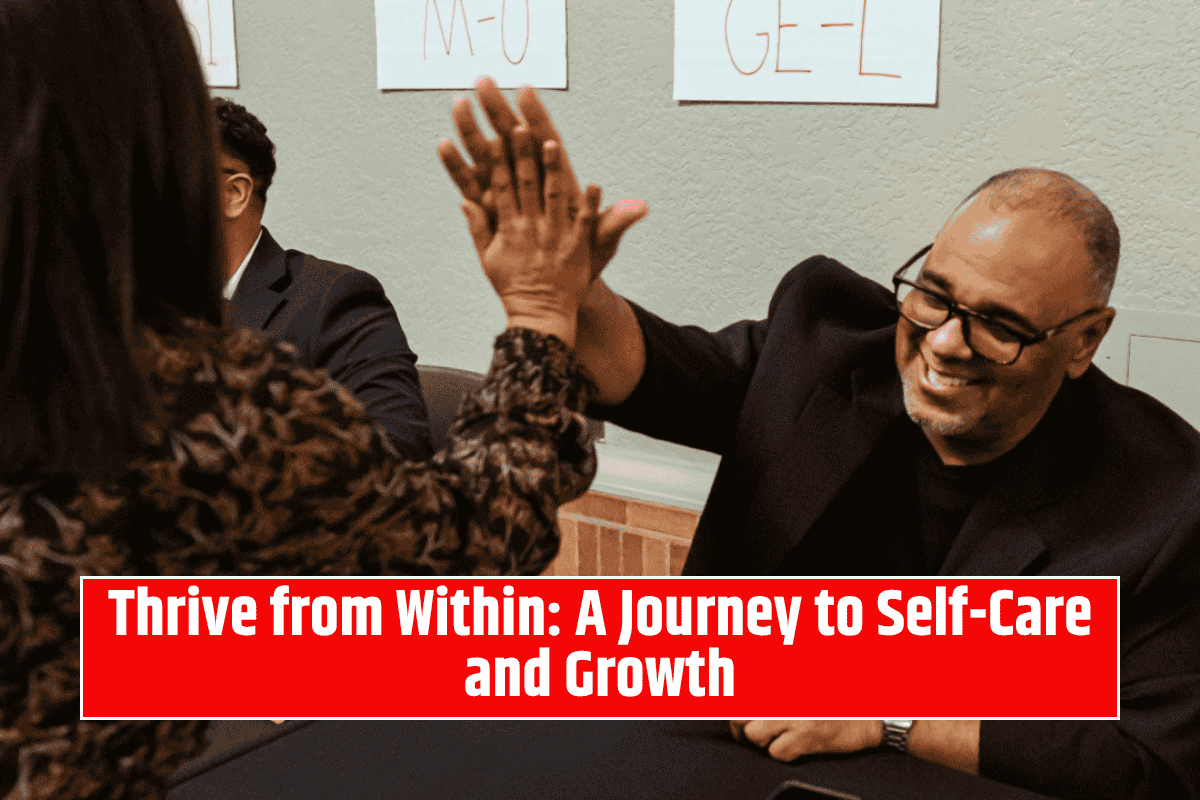Being a Peer Recovery Specialist (PRS) is both a rewarding and demanding role that requires empathy, resilience, and a deep understanding of the recovery process.
These specialists are more than just support providers; they are vital guides, offering hope and encouragement to people navigating the challenges of mental health and substance use recovery.
Every day for a PRS is filled with connection, learning, and personal growth, all while helping others overcome obstacles and rebuild their lives.
Morning: Preparing for the Day Ahead
The day of a Peer Recovery Specialist usually starts early. They begin by reviewing their schedules, preparing for client meetings, and ensuring they have all the necessary materials to support their work.
This could include a recovery workbook, notes from previous sessions, or a list of resources. Preparation is key to offering effective support.
Before heading out, a PRS often spends time focusing on self-care. As they help others on their recovery journey, it’s crucial that they maintain their own emotional health.
This might involve practicing mindfulness, reflecting, or simply ensuring they feel balanced and ready for the day.
Once ready, the PRS heads out to meet clients, often engaging in various activities such as supporting individuals in different recovery stages, facilitating peer support groups, or working with clinicians to create tailored recovery plans.
These meetings can take place in community centers, hospitals, or during one-on-one sessions.
Mid-Morning: Connecting with Clients
One of the most important tasks of a Peer Recovery Specialist is building strong relationships with the individuals they support.
During these one-on-one sessions, the PRS uses their personal experience of recovery to establish trust and offer guidance. Unlike traditional therapists, PRS connect with clients on a deeply personal level because they’ve been through similar struggles.
Each client has unique needs, and the PRS adjusts their approach accordingly. For some, a session might focus on motivation, personal recovery goals, and encouragement.
For others, it could involve helping clients navigate difficult moments in their recovery, like managing cravings or feelings of isolation.
Beyond emotional support, a Peer Recovery Specialist helps clients access vital services like housing, employment, and education.
They may also assist in building a support network by connecting clients with family, friends, and community organizations, which can strengthen their recovery journey.
Afternoon: Facilitating Group Sessions and Community Engagement
In addition to individual support, PRS often spend part of their day leading group support sessions. These sessions provide a space for people in recovery to share experiences, offer encouragement, and exchange strategies for overcoming challenges.
They help foster a sense of community and remind clients that they are not alone in their struggles.
During these group meetings, the PRS ensures that everyone has a chance to speak and create a safe, supportive environment.
The topics discussed might include coping mechanisms, personal goals, or strategies for overcoming setbacks. These sessions emphasize the value of peer support and the role of community in the recovery process.
Peer Recovery Specialists also participate in community outreach and advocacy. This could involve visiting local organizations, conducting recovery-awareness workshops, or speaking at public events.
By doing so, they raise awareness about mental health and substance use issues, reduce stigma, and promote the benefits of peer support.
Late Afternoon: Reflection and Documentation
As the day winds down, Peer Recovery Specialists take time to reflect on the work they’ve done.
This helps them assess which strategies are effective and where they might need to adjust their approach. Reflection is an essential part of their job, as it contributes to their ongoing personal and professional growth.
Documentation is another important aspect of the role. After each client session, the PRS updates records, tracks progress, and notes any critical developments.
These records are crucial for monitoring recovery, coordinating with other healthcare providers, and ensuring that services meet the client’s needs.
Though paperwork is a small part of the day, it helps maintain an organized and effective approach to recovery support. It also ensures that the PRS can share relevant information with other members of the care team, ensuring comprehensive support for the client.
End of the Day: Self-Care and Reflection
After a full day of helping others, Peer Recovery Specialists take time for themselves. The work can be emotionally demanding, so self-care is crucial. Whether spending time with family, enjoying a hobby, or practicing relaxation techniques, self-care helps the PRS recharge and be ready for the next day.
The work of a Peer Recovery Specialist is never truly finished. There’s always more to learn, more individuals to support, and more communities to engage with.
However, the emotional rewards—knowing they’ve helped someone make progress, overcome obstacles, and find hope in their recovery—keep them motivated.
Being a Peer Recovery Specialist is an unpredictable yet incredibly fulfilling job. It demands empathy, lived experience, and adaptability.
Through one-on-one meetings, group sessions, community outreach, and personal reflection, Peer Recovery Specialists help individuals find lasting recovery.
While each day presents new challenges, it also offers opportunities for growth—for both the PRS and the people they support. Ultimately, Peer Recovery Specialists make a lasting impact, guiding others toward a better future and helping them navigate their recovery journey.
FAQs
What is the role of a Peer Recovery Specialist?
A Peer Recovery Specialist provides support and guidance to individuals recovering from mental health and substance use issues. They use their lived experience of recovery to build trust and offer encouragement, help clients access services, and create a supportive community.
How does a Peer Recovery Specialist help clients in recovery?
A Peer Recovery Specialist helps clients by providing emotional support, setting personal goals, assisting with overcoming challenges, and connecting them to essential services like housing, employment, and education. They also facilitate group sessions for peer support.
What qualifications does a Peer Recovery Specialist need?
Typically, a Peer Recovery Specialist has lived experience with recovery and may also receive specialized training or certification in peer support. This enables them to provide effective guidance to others going through similar experiences.
Why is self-care important for Peer Recovery Specialists?
Self-care is essential for Peer Recovery Specialists because their work can be emotionally demanding. Maintaining their own mental and emotional well-being ensures they can continue providing effective support to others.
How do Peer Recovery Specialists contribute to community recovery efforts?
Peer Recovery Specialists participate in community outreach, conduct workshops, and raise awareness about mental health and substance use issues. They help reduce stigma and promote the importance of peer support in the recovery process.






